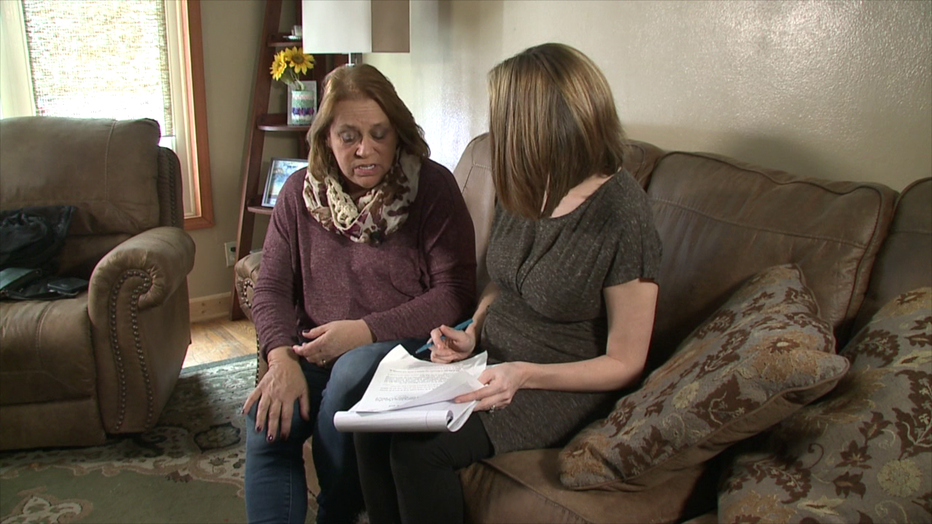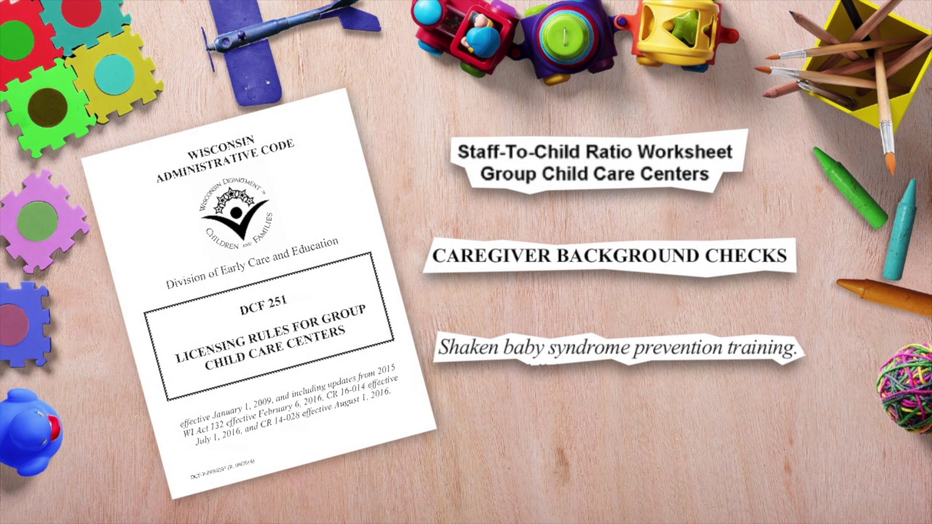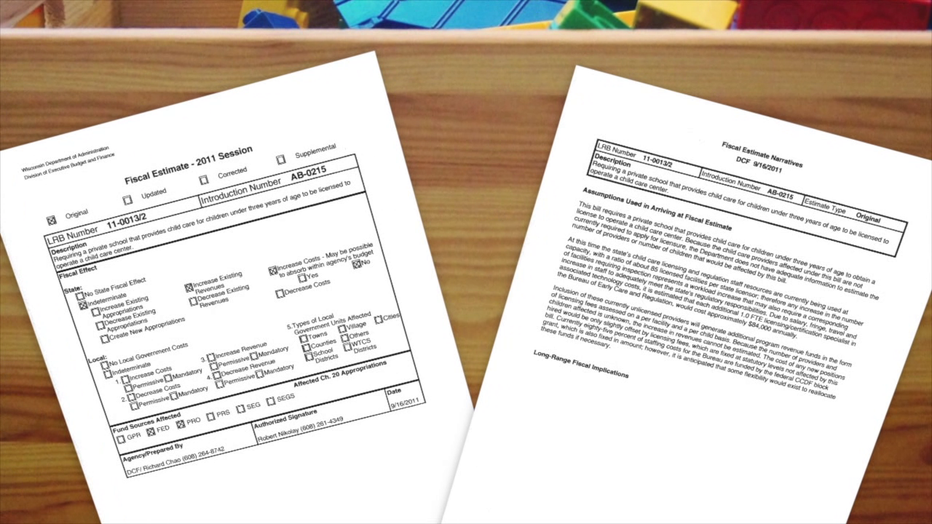'Every child needs to be protected:' Lawmakers renew push to close so-called 'day care loophole'
MADISON -- Wisconsin state lawmakers are renewing a push to close the state's so-called "day care loophole."
A recent FOX6 investigation shows child care centers can get around state safety inspections and licensing requirements by filling out a few short forms and calling themselves "private schools," with no one checking to ensure they meet Wisconsin's private school requirements.

"There might be a lot of parents that don't even realize that their daycare or their school is not licensed and is not being held to standards," State Representative Christine Sinicki said.
The state licensing process and accompanying background checks are meant to ensure that programs caring for young children have safe staff-to-child ratios, background checks, and training.

"I would think that any quality private school or child care, whatever you want to call it, would want that type of inspection," Sinicki said. "If you're trying to hid something, that's where you get into trouble."
While private child care programs that do not accept state financial assistance are still subject to licensing requirements, the law has an exception for schools. Sinicki says it's too easy for programs to call themselves schools without meeting legal educational requirements; she signed on to legislation in 2011 requiring schools caring for children younger than three to still have state licenses and inspections.
"It was a very strong bipartisan vote," Sinicki said, referring to how the legislation did in committee. However, the bill fell apart before it could get a full vote. Sinicki says there are plans to re-introduce the legislation in the current session.
"I think the Republicans and the Democrats are looking for something, things we can work together on for the good of the state," Sinicki said. "And I think this is one of them. We're talking about children and their lives."
The sticky wicket? Cost.
A 2011 fiscal estimate from the Department of Children and Families says there's no way to know exactly how much money it would take to do the additional licensing and inspections the new legislation would require, simply because there's no way to know how many unlicensed centers currently exist.

Even so, Sinicki says it's up to state lawmakers to figure out a way forward.
"Every child needs to be protected," Sinicki said. "I think once something like this starts rolling, it starts picking up public support and they realize, 'We've got to do something about this.'"
Wisconsin's Department of Public Instruction, Department of Children and Families, and Council of Religious and Independent Schools say they're also looking at ways to tighten up policies to make it more difficult for child care centers to avoid inspections, without hurting accredited private schools that follow the spirit of the law.

